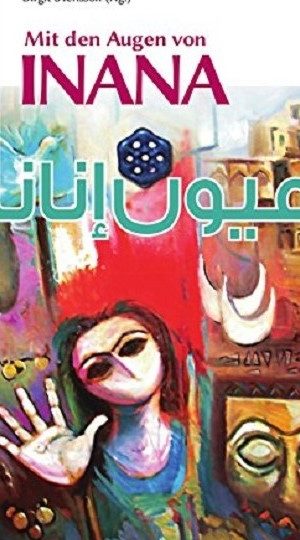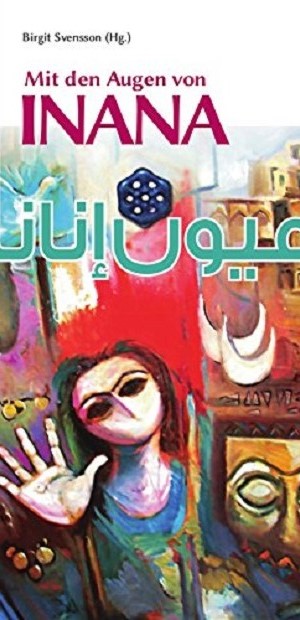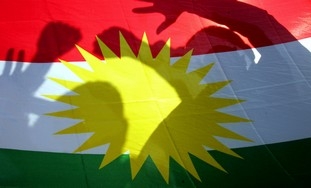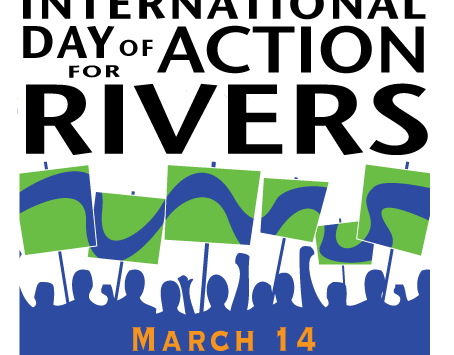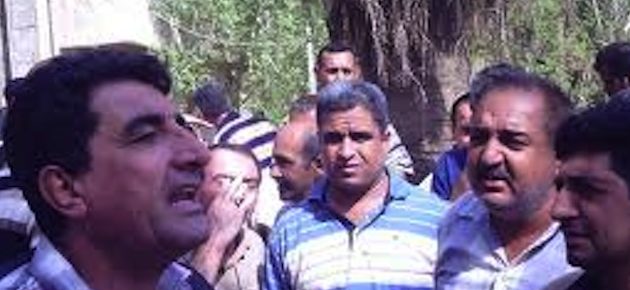Culture Despite War: Poetry Event in Basra Draws A Crowd
Despite hardship and security woes, poetry is alive and well in Basra – as a four-day workshop and event that drew writers, poets and publishers to the halls of the southern city’s public library proved in early March.
The event was organized by German journalist, Birgit Svensson and supported by the German Embassy in Iraq and the Goethe Institute, which is based in Erbil in Iraqi Kurdistan. Svensson has been collecting Iraqi writing and poetry, with an emphasis on work by female writers, for the past two years.
The result of her work so far has been the publication of an anthology of stories and poetry called “Through the Eyes of Inana” – Inana being one of the most important and multi-faceted of the ancient Mesopotamian goddesses. The Iraqi version, in Arabic, came out two years ago but was translated into German in 2015. Further translations into Italian and English should follow. The event was attended by both male and female writers, some of whom had travelled a long way, from Germany and from northern Iraq.
“Before coming to Basra I was very worried as we always hear about how dangerous it is in Iraq on the news,” one of the German visitors said. “But when I arrived at the airport I realized I did not need to be so worried. Then when I met all of the female writers here in Basra, my fears disappeared.”
Others of the women writers who attended compared the cultural differences between more conservative Basra and cities in the semi-autonomous Iraqi Kurdish region, as well as the state of public services and the condition the city was in.
“The situation in the city is especially sad for women,” says another of the visitors from Germany. “There is pollution, lack of infrastructure and destruction as the result of many wars. I also found out that every female poet who participated in this event has her own tragedy and is mourning missing, deceased or prosecuted members of her family.”
Not everyone who attended the event was pleased though. Karim Khayour, the head of the Basra’s Writers’ Union, was upset that they had not been consulted about the event. He wasn’t all that pleased about the feminine focus either. “Iraqi literature cannot be divided into the female and male – literature is a state of mind,” he argued, adding that the Union had itself published a book featuring female poets in 2015 as well as a book on the story writers of the province in 2003.
German journalist Svensson replied that she had focused on female writers because the male voice was by far the most dominant in Iraqi literature. And in other arenas too. Svensson said she would like to see more Iraqi women in positions of political power in the country, adding that, “in Germany we enjoy peace because we have female leaders”.

